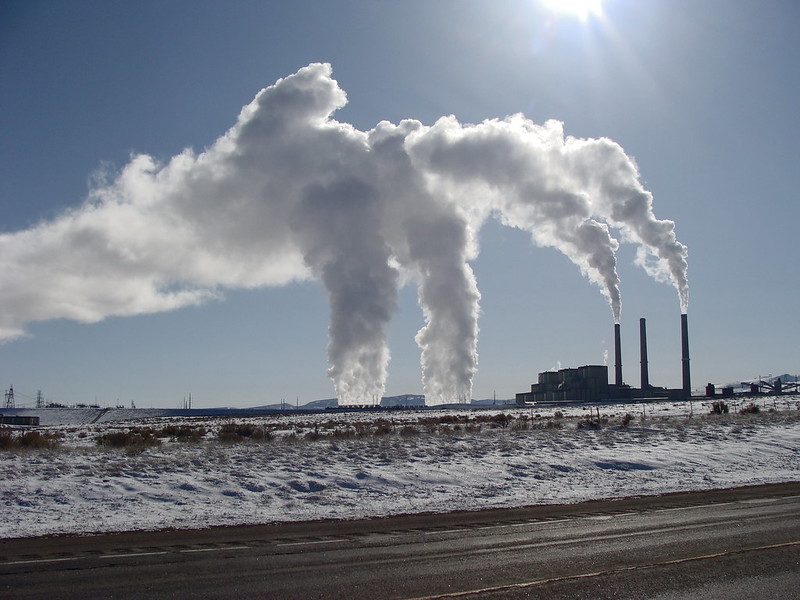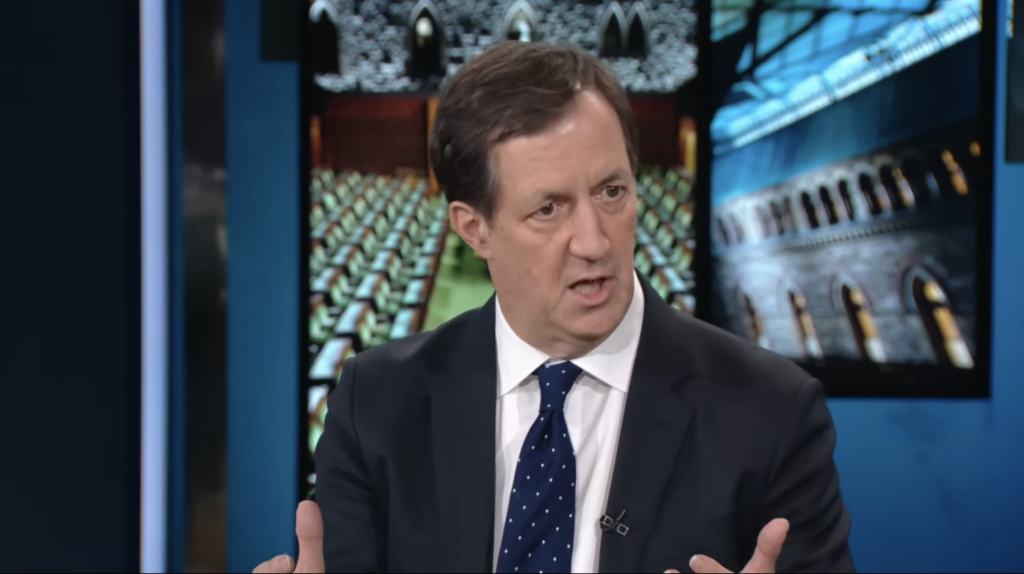This week, under questioning from opposition MPs, Natural Resources Minister Joe Oliver confirmed that his department intends to spend up to 16.5 million dollars on advertising in the upcoming year. Further details on how this taxpayer-funded PR campaign for Canada’s natural resources will be run were lacking.
Mike De Souza writes for Canada.com, that Oliver “also declined to provide specifics on a training program, worth up to $500,000, for his department’s scientists and other officials, ‘designed to help them communicate with the public and to do so in a way that is accessible to the public.’”
Speaking to a special committee studying spending estimates in the House of Commons on Tuesday evening, Oliver confirmed that much of the advertising would be focused on promoting the proposed TransCanada Keystone XL pipeline linking Albertan tar sands oil to refineries on the Texas Gulf Coast.
This comes as no surprise, with Prime Minister Stephen Harper trumpeting the multibillion dollar Keystone project’s virtues in the US, and his government fighting an EU initiative to label tar sands oil as highly polluting. As De Souza writes, “Canadian and American oil companies are lobbying the Obama government to approve the pipeline in order to support oilsands expansion and jobs.”
Oliver reportedly declined to say how much money was being spent in the US and Europe for aforementioned lobbying against climate-change legislation. He “also declined to say whether any advertising money would be spent to promote renewable energy sources such as wind and solar power.”
Opposition MPs didn’t take kindly to the plan. NDP natural resources critic Peter Julian apparently denounced it as “political advertising,” saying that it represents a 7,000 per cent increase in advertising budgets at Natural Resources Canada since 2010-2011. Julian also expressed concerns about the initiative to train scientists on public speaking, especially with the government already under scrutiny for preventing scientists from speaking about research on climate change.
De Souza quotes Julian as saying, “The idea that there would be some kind of formal media muzzling of scientists is something that most Canadians would profoundly disagree with.” He took issue with funnelling taxpayers’ money into this kind of “media muzzling.”
Liberal Marc Garneau also called the promotion of tar sands oil development “irresponsible” when the government still doesn’t have concrete answers on the potential impact of tar sands crude spills in the Pacific Ocean. That such spills could have long-term repercussions is clear. For example, the Environmental Protection Agency (EPA) recently issued an order to Enbridge asking them to clean up lingering pollution from a 2010 pipeline spill in Michigan.
When asked about the results of research into the issue, Oliver said that there’s no way for him to “know what the precise results of that research would be.”
Oliver acknowledged that “climate change is a pressing global problem,” but added that the “nature of our policy response is different from that of the opposition parties.” One presumes the Harper government’s “policy response” is to channel its resources into promoting the very industry that contributes so heavily to this “pressing global problem.”
De Souza adds that Natural Resources Canada “emailed Postmedia News explaining that details of the $16.5 million in advertising would be published at some point in the future. It also said that the special training program for scientists and staff was required under the government’s public relations policy and that the program’s budget would not exceed $400,000 at Natural Resources Canada.”
Image Credit: Government of Canada / Wikimedia Commons
Subscribe to our newsletter
Stay up to date with DeSmog news and alerts






